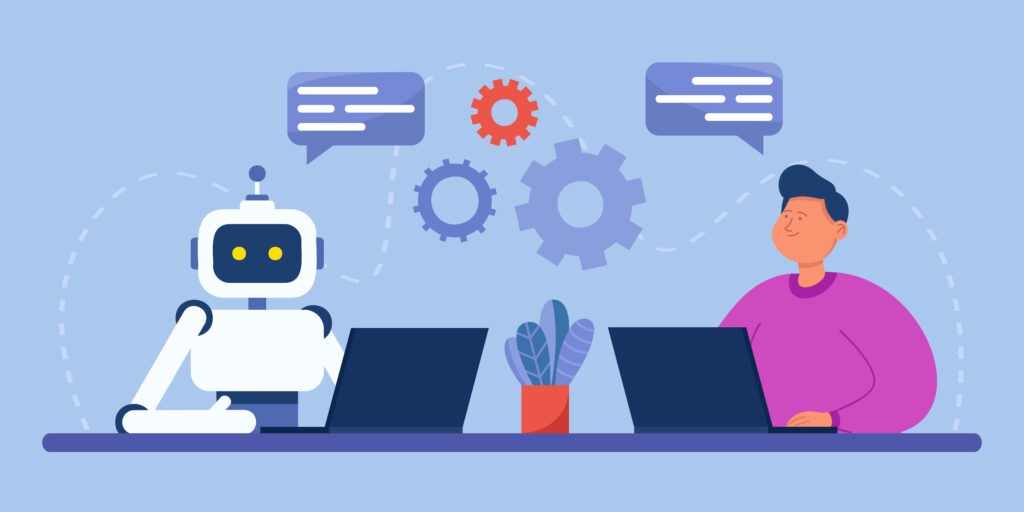by Rachel Guise, PPS Editor –
Have you read our blog on the possibility of technology replacing an editor? It’s never been easier to have assistance in terms of writing and editing, but not all aspects of the editing process can replace a human.

A mechanical edit, like for instructions on projects with gears or buttons? Yes and no. (It would be helpful for a How-To book!) Archway Publishing defines mechanical editing as “the application of a particular style” where the editor corrects “punctuation, capitalization, spelling, abbreviations, and any other style rules.” This editing style is great for publications that use clear-cut rules for edits. An example would be a publication that simply presents facts, such as a scholarly journal, that uses Associated Press (AP) style. Using software for a mechanical edit would certainly cut down on editing extensive references lists! But would this type of editing software be beneficial throughout the literary field?
When it comes to the nuances of human language, editing software simply “does not compute” like many robots and other forms of artificial intelligence (AI) say in science fiction pop culture. Think of all the novels and memoirs out there; do they read like they’ve been through a mechanical edit? Or do they read like you’re listening to a friend? Read these examples:
I don’t have time for this. I need to get out of here.
I ain’t got time for this. I gotta get out of here.
A mechanical edit would take the second example and edit to match the first example, following more concrete grammar and spelling rules. (Although not all mechanical editing is foolproof.) But what does the second example tell you? Where are they from? What time period are we in? What are they feeling? The possibilities are endless when it comes to describing body language, conversations between characters, personality traits, and even language translations.
And what if something doesn’t make sense? It’s not guaranteed that a mechanical editor is going to ask for clarification or just assume something and edit accordingly. Could there be a better way to phrase something? Can a software program make suggestions? A human editor can pull from personal experiences to offer alternative ideas or ask questions.
As with all things modern, there are pros and cons to a mechanical edit. But when it comes down to the subtle distinctions of human language, let us not forget that AI should help humans rather than replace them.